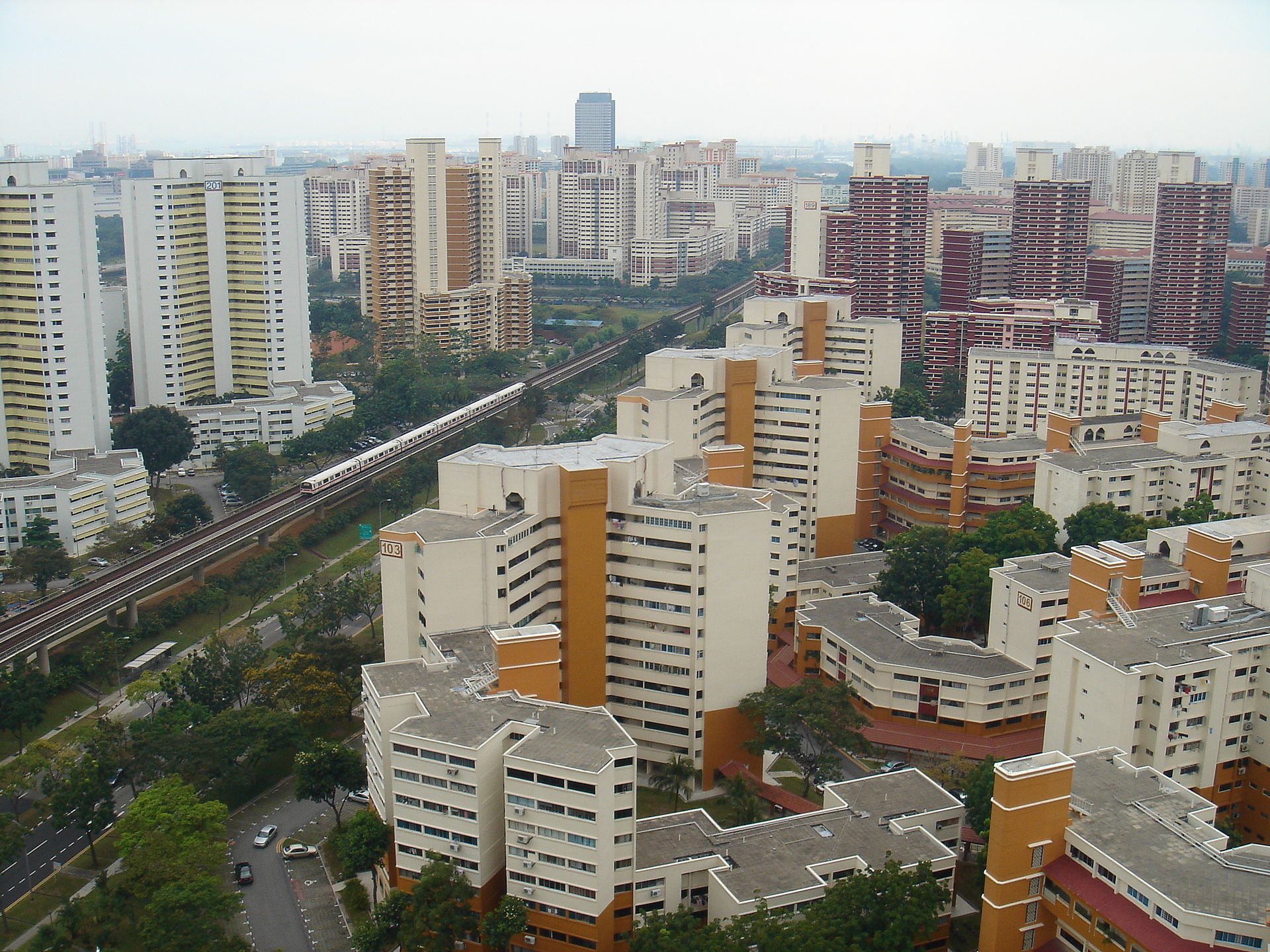As Singaporeans, we're proud of our multicultural society.
While racial and religious lines can't be erased, we live harmoniously with one another as well as we can.
A new study by The Institute of Policy Studies' (IPS) has shown that, contrary to how we may think of race and religion as deep social faultlines, the sharpest social divisions in Singapore now may actually be based on class instead.
First study on social capital in Singapore
The IPS Study On Social Capital In Singapore was conducted from Jan 2016 to Oct 2017 and covered 3,000 Singaporeans and permanent residents..
The study is the first of its kind on such a scale here, and the findings show:
- A typical Singaporean has an average of 5.8 friends in his social network
- More than half of the respondents scored a low rating of 0 when it came to having ties with people from different housing types and educational status
- Despite the vast majority of Singaporeans living in public housing, those living in private properties or who studied in elite schools had more ties with others who lived in private homes than with those who lived in public flats.
- These Singaporeans had ties with an average of about 2.6 persons from a more modest background.
- The average was about 0.8 for ties between those residing in an HDB flat or who are from non-elite schools and people outside their social class.
The growing class divide - potential political flashpoint
Results from the study show a growing class divide in Singapore.
This outcome has clear downsides as the study has also shown that diversity in social networks among Singaporeans strengthens social capital, trust, national identity and national pride.
The researchers believed more could be done to promote mixing along class lines.
As what Dr Gillian Koh, IPS’ deputy director (research) told Today, there is a need to prevent the issue from becoming a political flashpoint.
She said that the social class divide could lead to a “winners versus losers” situation affecting political stability.
“It has translated into politics where people have less trust in the established political institutions and political leaders because they think that it’s the establishment that has done them in.”
[related_story]
Class shapes attitudes and choices
A 2015 study published by National University of Singapore (NUS) sociologist Tan Ern Ser showed that class shapes an individual's attitudes and choices, and "the class you come from does influence your destination"
"Class can explain differences in how Singaporeans perceive their career prospects, how satisfied they are with their lives, and how much they can influence policymaking in Singapore."
Amid signs of slowing social mobility for the lower and middle classes and growing concerns about income inequality, the value of social capital had been highlighted by Tan.
"Having a degree is not enough. Social capital matters, and knowing people is helpful. I'm sure there are a lot of graduates coming out, with a degree but no connections, so they don't get an internship and they don't get their first job."
Class and Meritocracy in Singapore
Singapore's success has been attributed to meritocracy, an age-old governing principle that seeks to equalise opportunities in life.
It is the idea that anyone can advance in life and move up the social ladder as long as they work hard, regardless of their background.
The concept of class is somewhat taboo in Singapore as it connotes a deficiency in the meritocratic system.
However, given clear signs of the flaws of our meritocratic system, the government has actively stepped up social support in recent years, such as increasing subsidies for early childhood education and also tweaking primary schools admission policies.
Here are some unrelated articles you should check out next:
My Mom went on a day out with a film camera. Here’s how she views the world
Why you should reignite that kampong spirit with your neighbours
Top image via Wikipedia
If you like what you read, follow us on Facebook, Instagram, Twitter and Telegram to get the latest updates.
